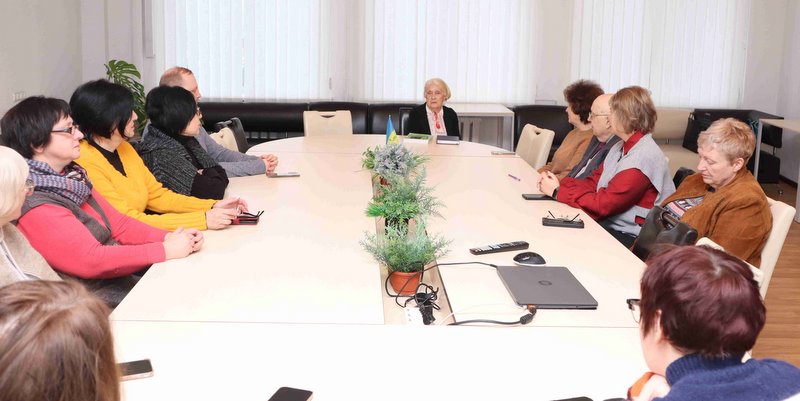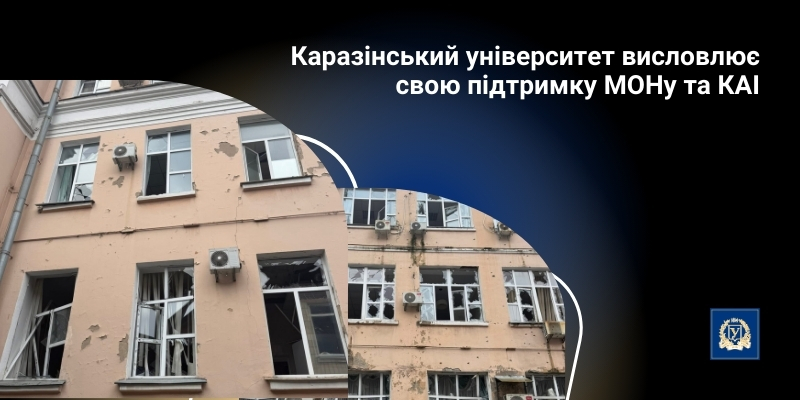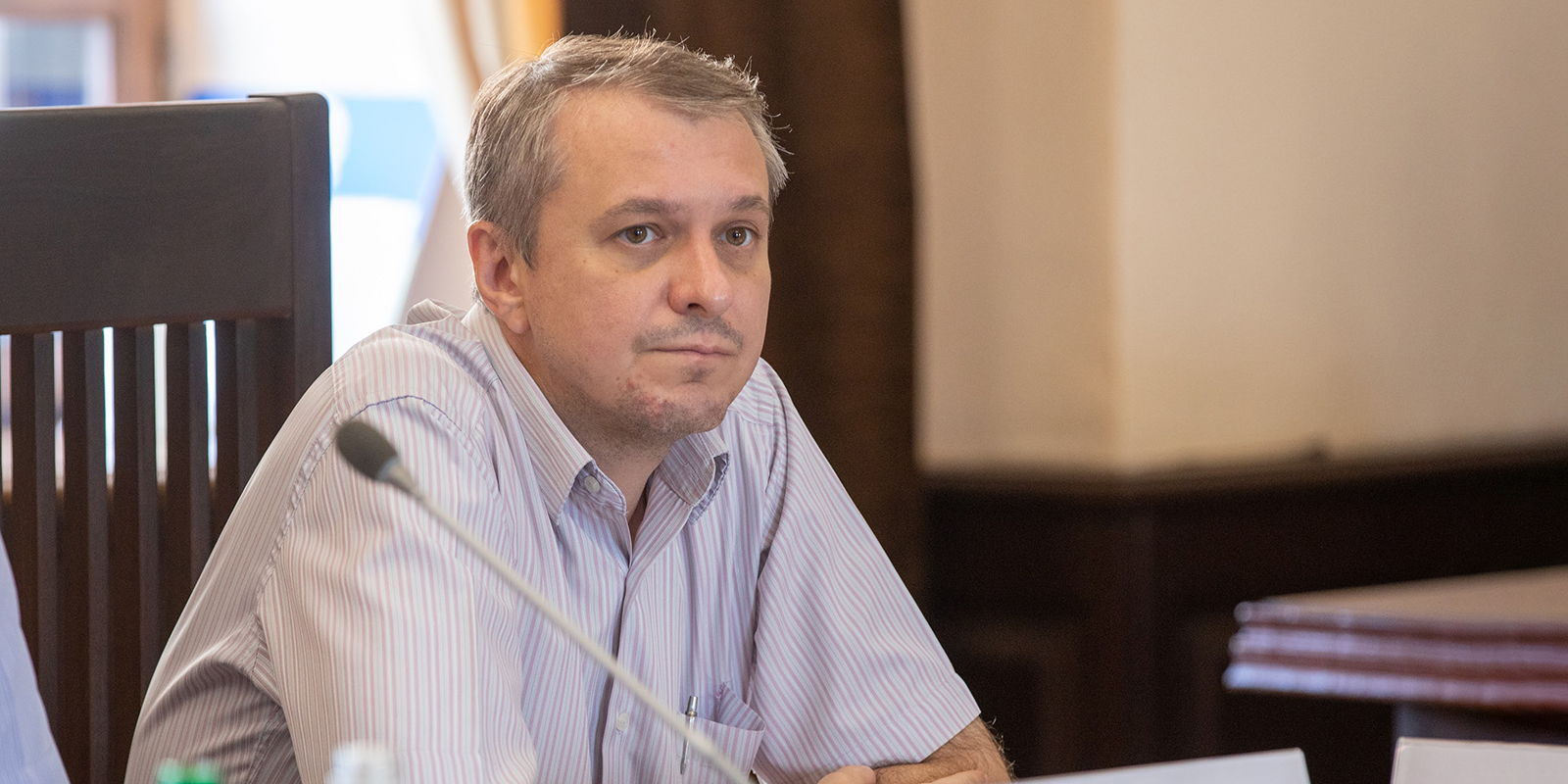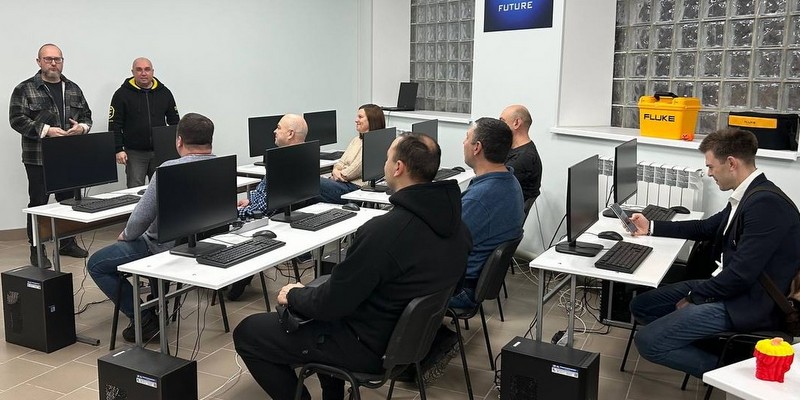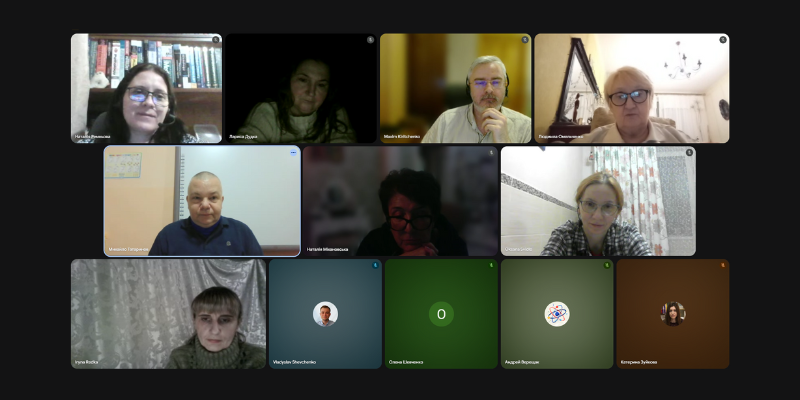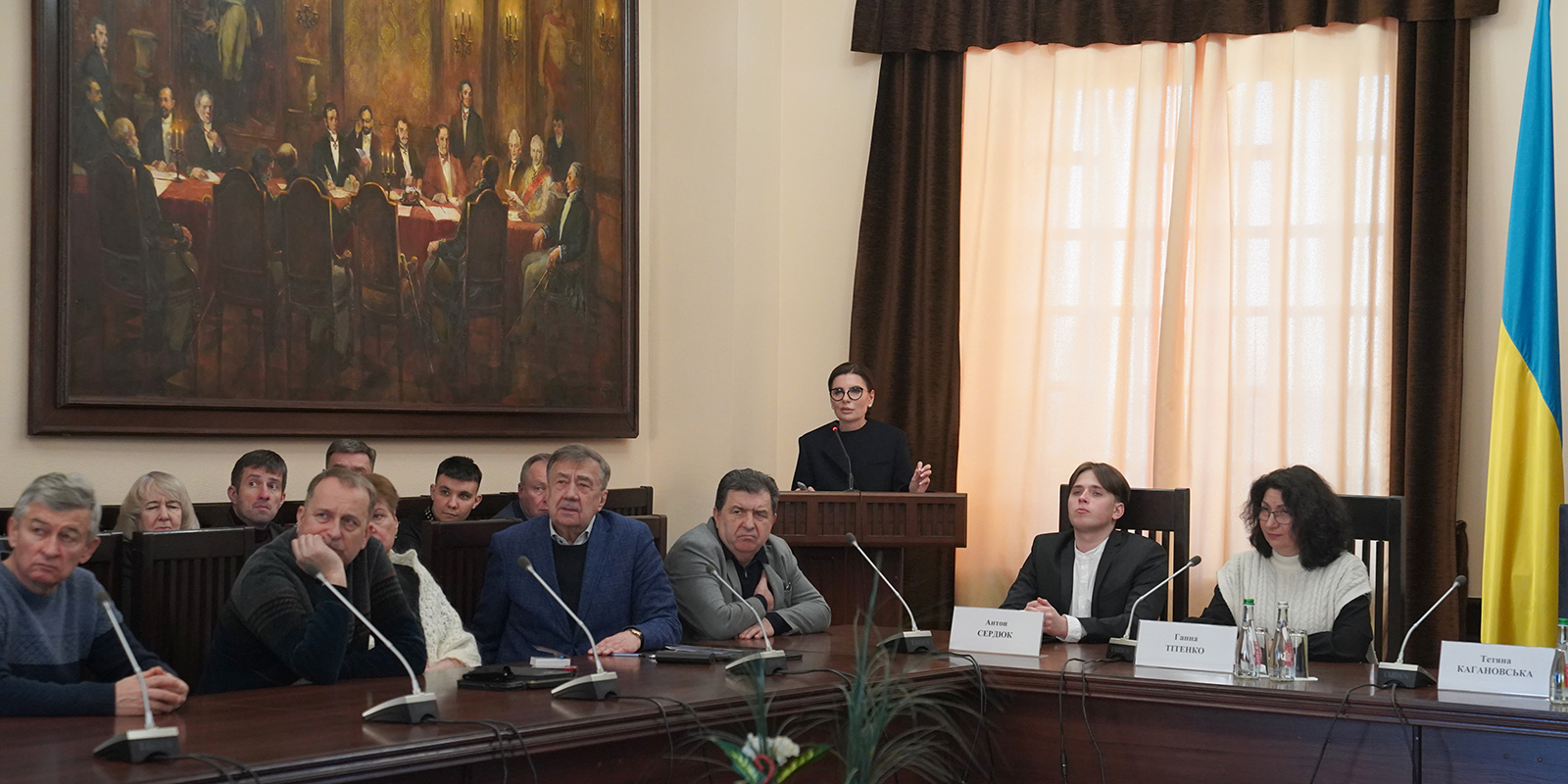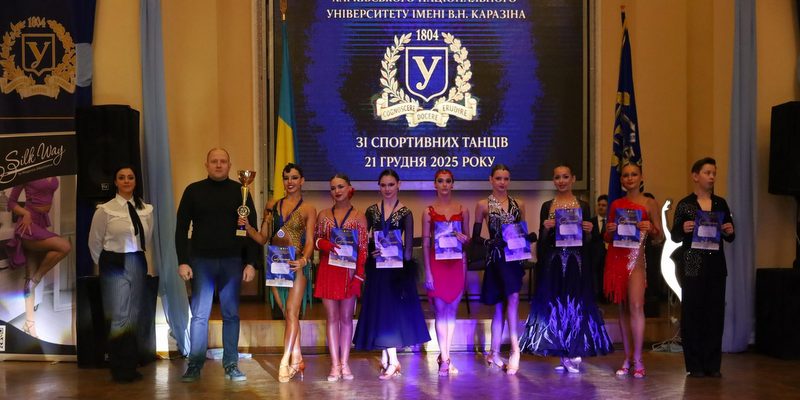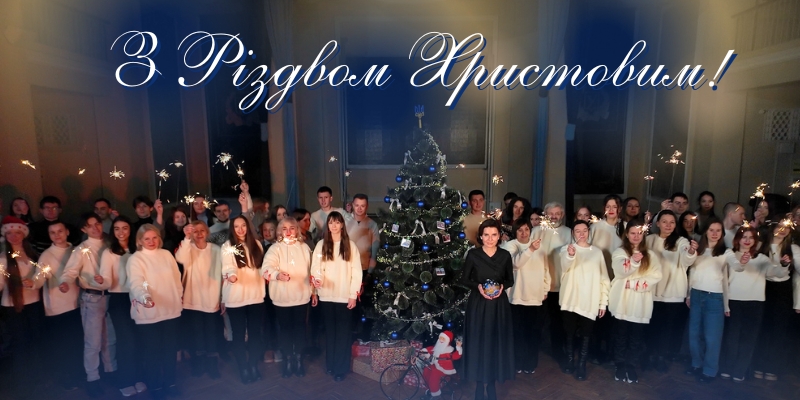Online lecture by Historian, Associate Professor of the Institute of Ukrainian History Denis Zhuravliov "Did Europe and the world silence the Holodomor of 1932–1933?"
.jpg)
The university must preserve the memory of events in the history of our state.
The Holodomor is a painful topic for the entire Ukrainian people. No matter how difficult it is for us to comprehend the tragic events of the past, we must spread information about the genocide of Ukrainians by the Soviet government in the 20th century.
On November 24, historian and associate professor of the Institute of Ukrainian History of the School of Historry Denis Zhuravlov held an open online lecture on the topic "Did Europe and the world silence the Holodomor of 1932–1933?"
Throughout the lecture, Denis Zhuravlov talked about the case of Gareth Jones, who broke the silence about the Holodomor in the Western press, and discussed the crimes of the Soviet Union, for which he paid the highest price.
The lecturer also examined the position of Arthur Koestler, a communist who lived in the USSR for a year and became disillusioned with the union as the "country of dreams." He later wrote a book about Stalinist terror and left the communist parties. In contrast, participants explored the positions of Nobel laureates Rudyard Kipling and Bernard Shaw.
At the end of the lecture, they considered how the Holodomor was publicized among European countries: why Italy raised the issue of hunger at the League of Nations, but its press remained silent? How did Hitler express himself about Soviet policy, and why was Poland a passive country in the information field?
Stay tuned for announcements from Karazin University on social media and the website—attend interesting lectures about our past, present, and future!



